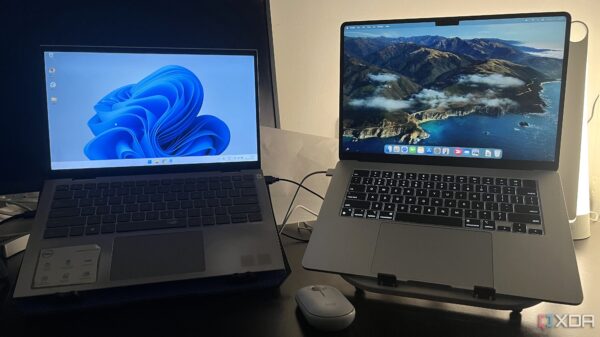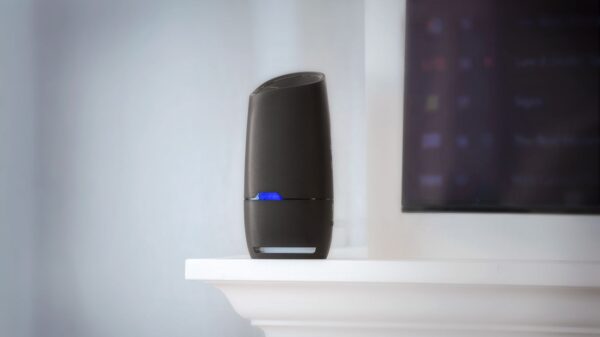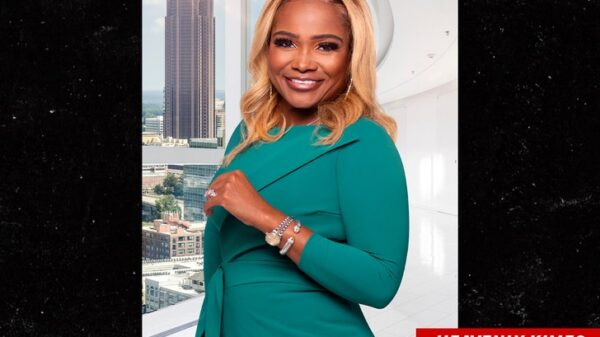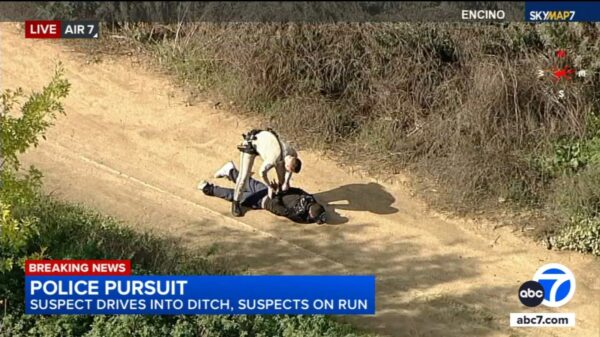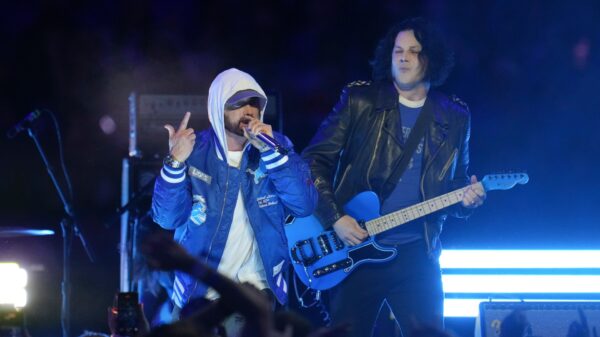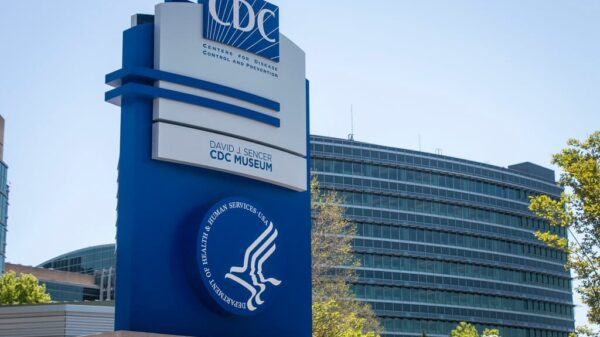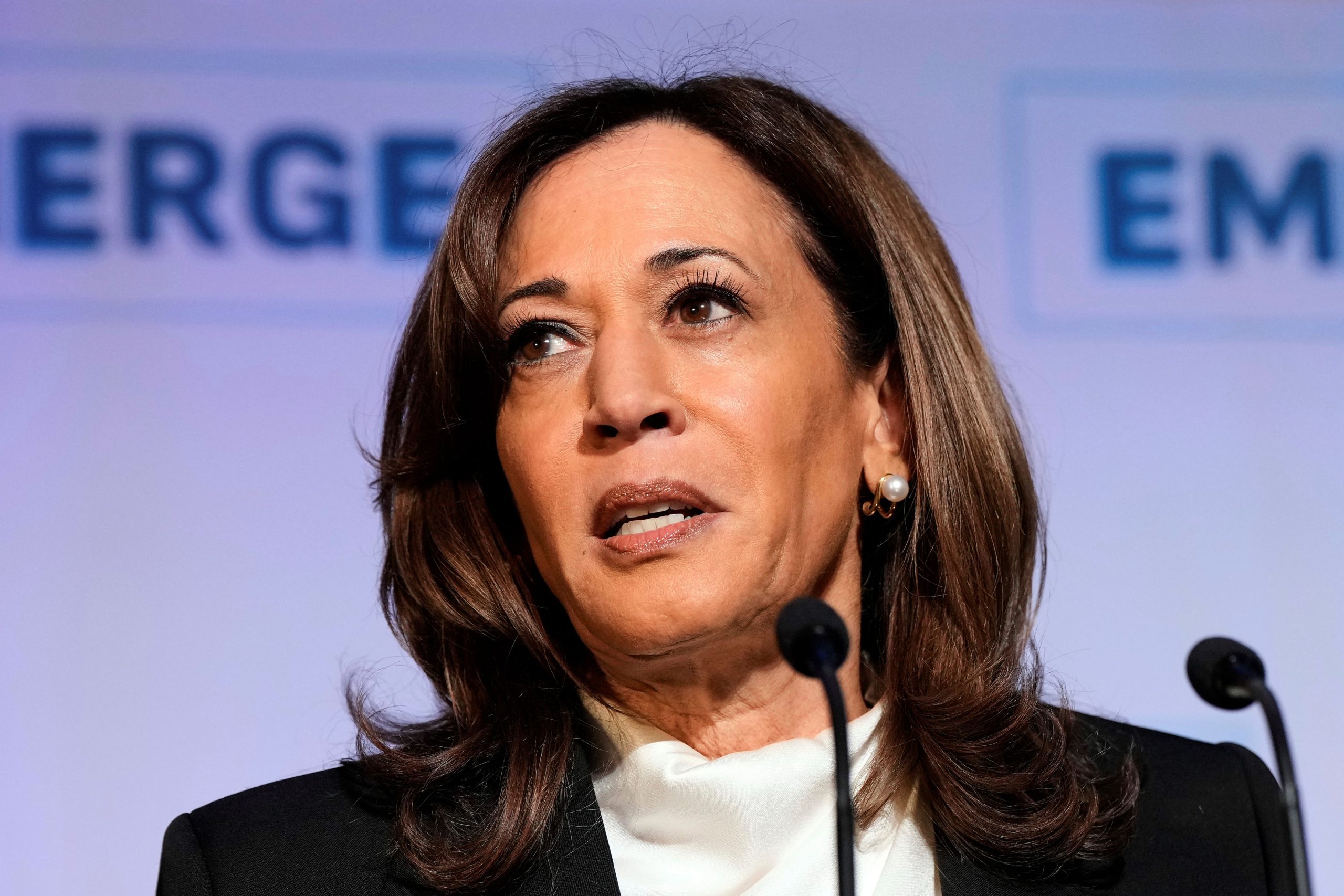Former President Donald Trump has revoked the Secret Service protection of former Vice President Kamala Harris, effective September 1, 2025. The decision was confirmed in a memorandum reviewed by NOTUS and verified by a senior White House official. The memo, addressed to Kristi Noem, the Secretary of Homeland Security, stated, “You are hereby authorized to discontinue any security-related procedures previously authorized by Executive Memorandum, beyond those required by law, for the following individual: Former Vice President Kamala D. Harris.”
Under U.S. law, former vice presidents receive Secret Service protection for six months after leaving office. Harris’ protection was initially set to end on July 21, 2025. However, former President Joe Biden extended her security detail for an additional year through an undisclosed directive prior to leaving office.
Harris is currently preparing for a multi-state tour to promote her new book, “107 Days,” which reflects on her unsuccessful presidential campaign. In light of this tour, the revocation of her protection raises concerns among her allies about her safety.
Concerns for Harris’ safety have been heightened in the past. In August 2024, a man from Virginia was arrested for making death threats against her. Additionally, during the January 6, 2021, attack on the U.S. Capitol, Harris was at the Democratic National Committee headquarters when a pipe bomb was discovered nearby.
A senior adviser to Harris, Kirsten Allen, expressed gratitude for the Secret Service’s dedication in a statement: “The Vice President is grateful to the United States Secret Service for their professionalism, dedication, and unwavering commitment to safety.”
Trump’s decision to revoke Harris’ protection is not an isolated incident. Earlier this year, he also ended Secret Service protection for Ashley Biden and Hunter Biden, the adult children of President Biden. Furthermore, Trump has previously stated that he revoked security clearances for several officials from the Biden administration, including Biden and Harris.
The implications of these decisions are significant, given the heightened political tensions and the risks associated with public figures in contemporary American politics. Harris’ upcoming book tour will likely attract attention, and the lack of Secret Service protection could impact her security measures during public appearances.
As the situation develops, the response from Harris and her team, as well as the public’s reaction, will be closely monitored. The revocation of her protection underscores the ongoing complexities surrounding security for political figures in the current climate.


